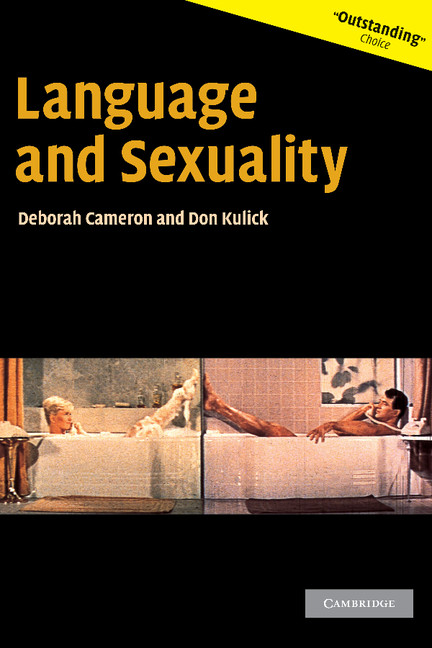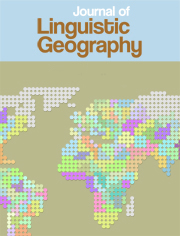Language and Gender in Children's Animated Films
Disney and Pixar films are beloved by children and adults alike. However, what linguistic messages, both positive and negative, do these films send to children about gender roles? How do characters of different genders talk, and how are they talked about? And do patterns of representation change over time? Using an accessible mix of statistics and in-depth qualitative analysis, the authors bring their expertise to the study of this very popular media behemoth. Looking closely at five different language features – talkativeness, compliments, directives, insults, and apologies – the authors uncover the biases buried in scripted language, and explore how language is used to construct tropes of femininity, masculinity, and queerness. Working with a large body of films reveals wide-scale patterns that might fly under the radar when the films are viewed individually, as well as demonstrating how different linguistic tools and techniques can be used to better understand popular children's media.
- Describes a wide range of methods, both qualitative and quantitative, for analysis of different aspects of language in the media.
- Uses humor and accessible language to illustrate different concepts in a digestible and entertaining way.
- Explores media constructions of femininity, masculinity, and queerness with respect to language.
Reviews & endorsements
‘… this volume provides a panorama of language use in the media representation of gender on the basis of relatively large groups of films. It reveals to us the value of sociolinguistic study on scripted media. It is of great significance for those engaged in linguistic research and media analysis, offering a viable paradigm for media criticism, and is also a valuable resource to the general public interested in language and gender in popular media.’ Yumin and Rongji Chen and Zhang, Language and Society
‘A tour de force, which I highly recommend to sociolinguists, gender specialists, and media scholars.’ Atiqa Hachimi, Journal of Language and Pop Culture
Product details
September 2022Paperback
9781108795036
300 pages
228 × 153 × 13 mm
0.38kg
Available
Table of Contents
- Preface
- 1. Introduction: A whole new world?
- 2. Gender and Disney in historical context
- 3. Representation, speech amounts, and talkativeness
- 4. Compliments
- 5. Directives
- 6. Insults
- 7. Apologies
- 8. Representing queerness
- 9. Conclusion: A tale as old as time (now streaming on Disney+).





